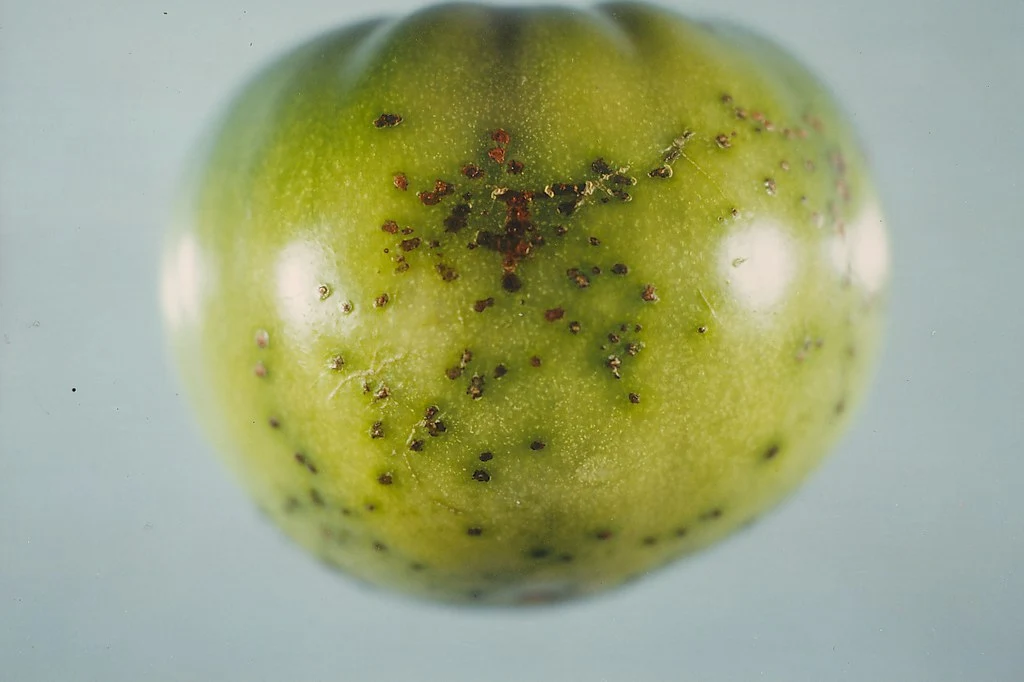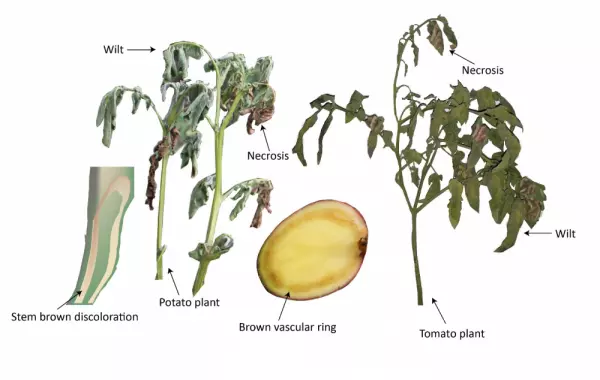Pseudomonas syringae What is Pseudomonas syringae? The bacteria Pseudomonas syringae is a common plant pathogen mostly found in stems and leaves [1]. It infects a wide range of plants—including fruit trees, greenhouse vegetables, ornamentals, and field crops. Annually, the bacteria cause billions of dollars of damage worldwide from lost fruits, damaged trees, unmarketable ornamentals, and […]
Cutting the Greenbelt puts Ontarians’ food security at risk This past weekend, grassroots organizations and residents of all ages across Southern Ontario bundled into their coats and tuques to rally and raise signs saying “Save the Greenbelt” and “Keep the Green” while chanting “Hands off the Greenbelt!”. A palpable sense of frustration for the need […]
The Rise of Hydroponic Strawberries With an increased prevalence of pathogens in various crops and a development in hydroponic technology, it seems that hydroponic strawberries have become a popular crop among growers. There are many benefits to both growers and Canadian consumers regarding hydroponic strawberries. We will look at some of these benefits and what […]
Rhizoctonia solani What is Rhizoctonia solani? The fungus Rhizoctonia solani is a soilborne pathogen that spreads in wet and warm conditions. It infects many economically vital plants—including greenhouse vegetables, ornamentals, and field crops [1, 2]. Crops affected by this pathogen include peppers, lettuce, potatoes, tomatoes, rice, soybeans, wheat, lilies and turf grass. In fact, it […]
Written by: Becky Anderson Published by: David Santos Hydroponic vs. Soil Cultivation Hydroponic farming mitigates many issues and stressors that traditional farmers face. These issues can include reliance on the weather, soil erosion, poor drainage, and unsuitable soil compaction or nutrient density. Hydroponic farming allows for less usage of water than irrigation systems. Hydroponics not only recycle […]
Impatiens Necrotic Spot Virus An emerging threat to greenhouse vegetables Impatiens necrotic spot virus first emerged in floriculture and nursery crops [1] and is now affecting and causing considerable losses to these greenhouse-grown vegetable crops such as cucumber, tomato, pepper, and lettuce [2]. An economic analysis done on two lettuce growers in the Salinas Valley […]
Written by: Becky Anderson Published by: David Santos Ralstonia solanacearum What is Ralstonia solanacearum? The bacterial pathogen Ralstonia solanacearum is a Gram-negative, soil-borne bacterial pathogen that causes bacterial wilt and brown rot in potatoes. This bacterium belongs to a complex of four groups called phylotypes. These groups are known as the R. solanacearum species complex (RSSC). Each […]
Healthy Hydroponics at CGC 2022 The Canadian Greenhouse Conference is one of the most important conferences for anyone in the indoor agriculture industry. CGC is regarded as “Canada’s foremost event for commercial greenhouse flower, vegetable, cannabis, berry and nursery growers” (1) because of the quality of the exhibits and the number of people that come […]
This week, I asked Jennifer Lin some fun questions about herself. Jennifer is a Research Assistant and she completed her Bachelor of Science in Biology at the University of Waterloo. She has a strong background in biochemistry and enzymology. Keep reading to learn more about Jennifer and her kittens!
Written by: Becky Anderson Published by: David Santos What is Fusarium oxysporum? Fusarium oxysporum is a fungus which can cause root rot, crown rot and, most commonly, wilting in a wide variety of crops such as basil, lettuce, cannabis and tomatoes (Figure 1). Wilting caused by F. oxysporum is known as Fusarium wilt and is a common […]












